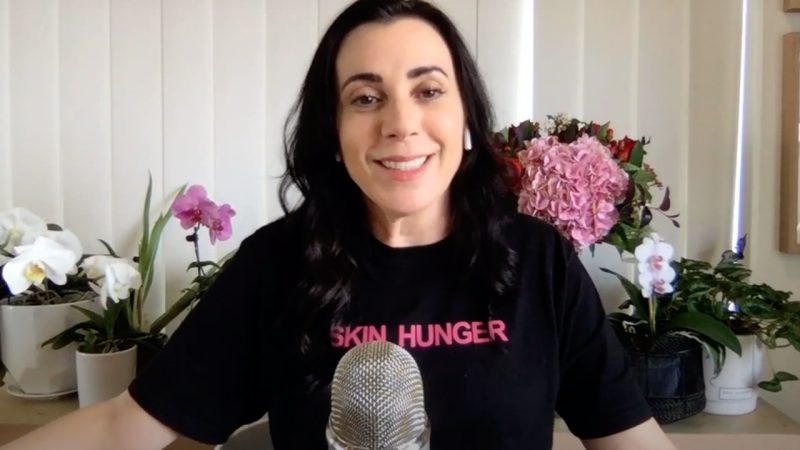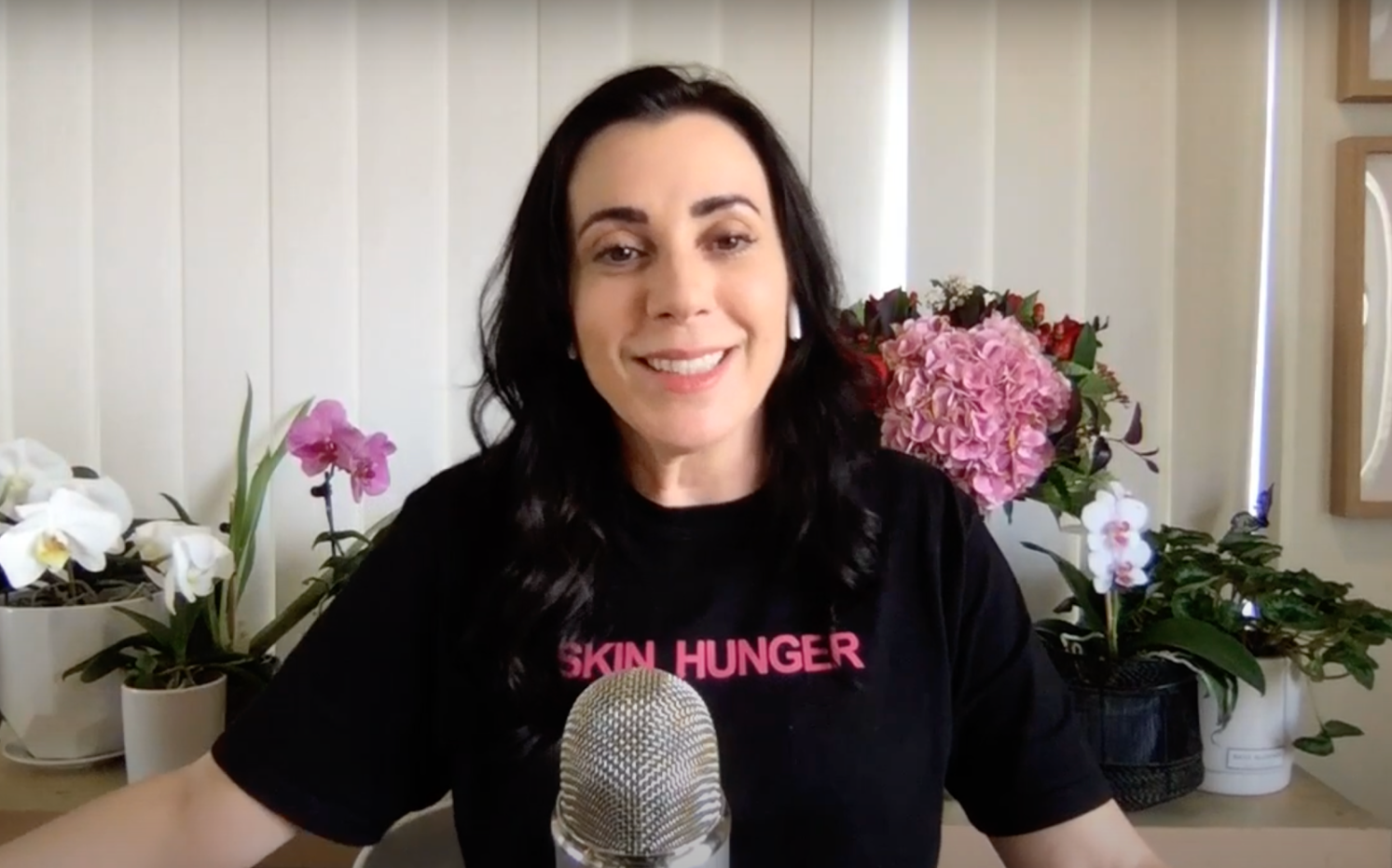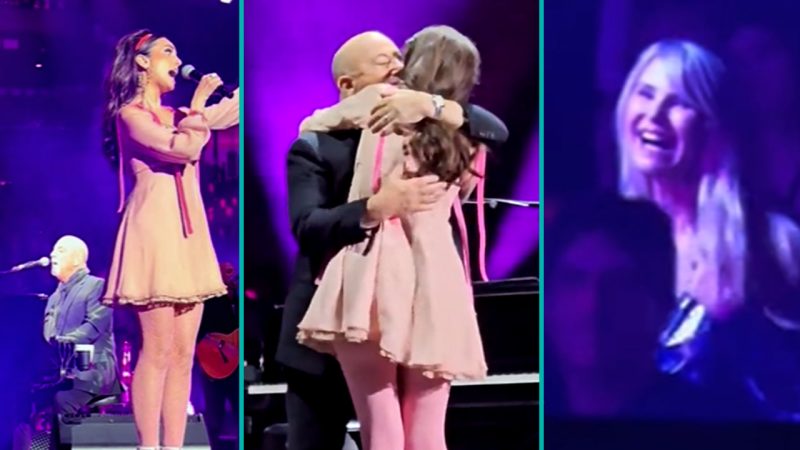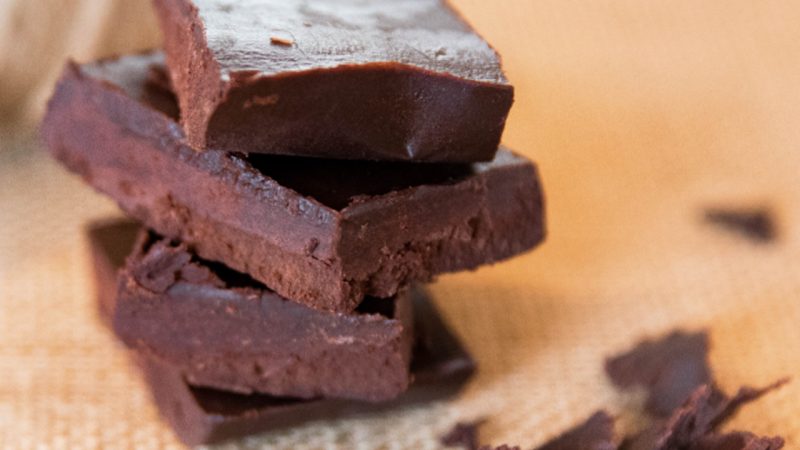Kiwi playwright Tatiana Hotere has spoken about the difficult decision she made to resist the urge to numb her pain after her husband’s sudden death in 2017.
In the latest episode of Grey Areas with Petra Bagust, the Brazilian-born actor, dancer and producer spoke about the intense anguish of losing her best friend and how she found healthy ways to cope for the sake of her two daughters.
The harrowing experience was the subject of her acclaimed play, Skin Hunger, which played at the Auckland Fringe Festival last year.
Tatiana met her husband Jason Hotere while working for Christian development organisation Youth With a Mission (YWAM) in Brazil, where she’s originally from. Their relationship formed rapidly.
“It was very quick. Jason's like, ‘I'm going to be your husband’, and I'm like, ‘I don't think so, I’m never going to get married’. But through working together, nine months later, we got married,” she recounts.
After four years in the US, they had a baby and moved to Aotearoa. What was meant to be just a two-year stint ended up being permanent, and their two daughters have both been raised here.
“It was a really great decision. My kids grew up here. They are half Brazilian, half Maori. And life had its challenges and its beautiful moments.”
Tatiana trained as an actor and a screenwriter and had just finished her master's when, in 2017, Jason went to work and never returned home. He suffered a fatal heart attack at the age of just 50, leaving Tatiana to raise their kids, by then 15 and 12, alone.
“All of a sudden, this volcano of grief starts spilling out of me… Jason's death was the beginning of an unravelling of a lot of other things that came up to the surface for me and that I was not prepared for. None of it I was prepared for," she said.
“When somebody dies, you're not just burying the person that you love. You are burying the future that you're supposed to have with that person. Your dreams, your goals, your aspirations, your plans, everything. Your life as it was is no longer. And yet life keeps on going.”
The things she had until Jason’s death felt certain about – her faith, her friendships, the choices she’d made as a wife – suddenly became things she questioned. She struggled for years with depression and suicidal thoughts, but knew she had to learn resilience in the face of her grief.
“I was very aware that if I didn't find healthy ways to cope, my children would suffer because they only had one parent. I was constantly worried that my kids would end up losing two parents in different ways."
“I thought, I need to be able to find a way to carry this grief. I need to somehow figure out how to grieve in a way that is authentic so that when my girls go through other things in life that will break their heart, they will be able to go… ‘I saw my Mum falling apart and I saw her picking herself up’.
“I never really was a person that would drink much. But I remember I was in so much pain and the alcohol would numb me. And I caught myself after five nights of drinking a bottle by myself every night. I thought, ‘What am I doing? Is this what I need? Is this what I want?’
“Having to choose to allow the pain to be a part of my experience was a really tough choice, because grief makes you feel so alone.”
Now, Hotere has learned that resilience can be built up in five-minute blocks of time that compound. In choosing to walk the dog, make a coffee or load the dishwasher, she is choosing to move towards life.
“And then a year passed and it was a year of little five minutes. And I went, Oh, wow, I survived the first year. Maybe I can survive the second year.
“And then as I started to notice, I am surviving. I'm okay with surviving. I'm okay with not being okay. Then the next question was, Can I thrive in the middle of this grief? Still carrying it with me, not moving on from it, but moving with it? And the answer is yes.
“And I don't think I could have learned that from anybody else, from reading any book, from listening to a podcast. I only learned that by doing my tiny little five minutes of resilience.
“If I would have advice, which I don't usually give advice for people when they are grieving, but I would say take a breath. What can you do in the next 5-10 minutes? Do that.”





